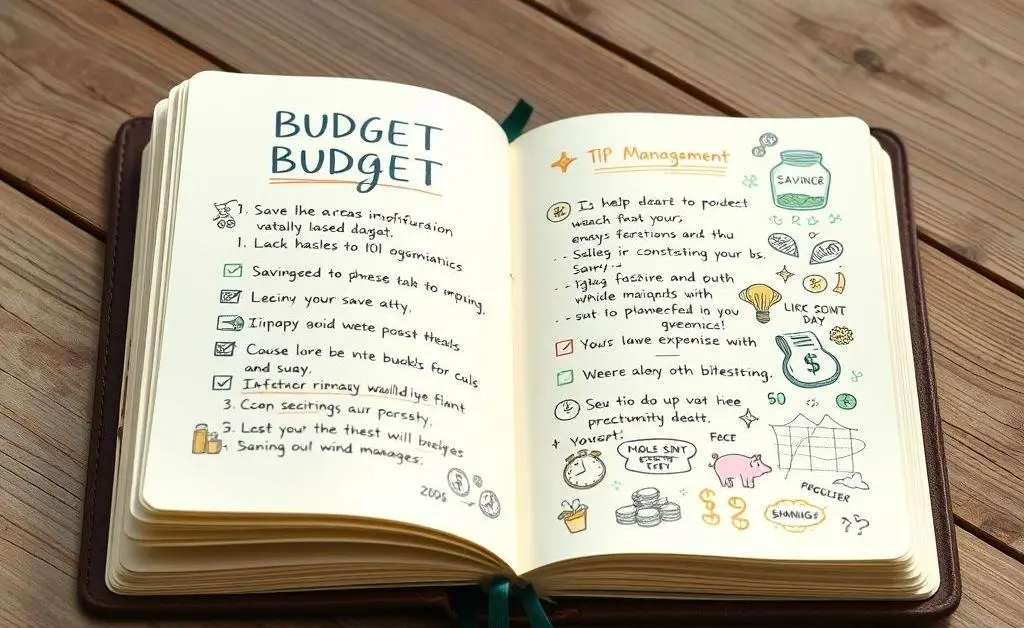Unlocking Financial Wisdom: Your Practical Guide to Personal Finance
Dive into personal finance essentials with insights and tips for everyday budgeting and saving.

Your Friendly Guide to Personal Finance Success
Does managing money feel more like a juggling act than a straightforward task? You're not alone, and thankfully, it's an art you can master with the right approach. Let’s explore the world of personal finance together, where simple tips can lead to meaningful changes in your financial landscape.

1. Embrace Budgeting with Open Arms
Setting a budget doesn’t have to be daunting. Think of it as giving yourself permission to spend wisely. A budget is your plan, helping you allocate money where it matters most, whether it’s cutting down excessive dining out or saving for that dream trip.
- Track your expenses for a month to understand your spending habits.
- Use budgeting apps to keep it simple and digital.
- Set realistic goals—small changes make a big impact.
2. Make Saving A Joy, Not A Chore
Start with small, achievable steps by setting up automatic transfers into a savings account. You'll be surprised how little amounts quickly grow. For example, John, a regular saver, started with $25 on each payday. Over a year, he amassed a fun fund for a rainy day trip without feeling the pinch.

3. Investing: Your Friend, Not a Foe
If stocks and bonds sound complicated, start with the basics. Consider speaking with a financial advisor or using robo-advisors for beginner-friendly investing. Remember, every expert was once a novice. Begin by investing what you can afford to lose, learn through diverse reading, and over time, you’ll become more confident.

Consider reading up on different types of investments and understand the risks and rewards. Resources like Investopedia can be a helpful starting point.
4. Mind Your Credit Score
Your credit score is more than a number—it's a snapshot of your financial health. Regularly check your score for any discrepancies and ensure you pay bills on time to keep it pristine.
Wrapping Up: Start Small, Stay Consistent
Change doesn’t happen overnight, but with patience and consistent effort, managing personal finance becomes second nature. Begin with small, deliberate steps today, and watch your financial confidence blossom.
What's your next small step towards financial health? Share your thoughts and joins the conversation!




